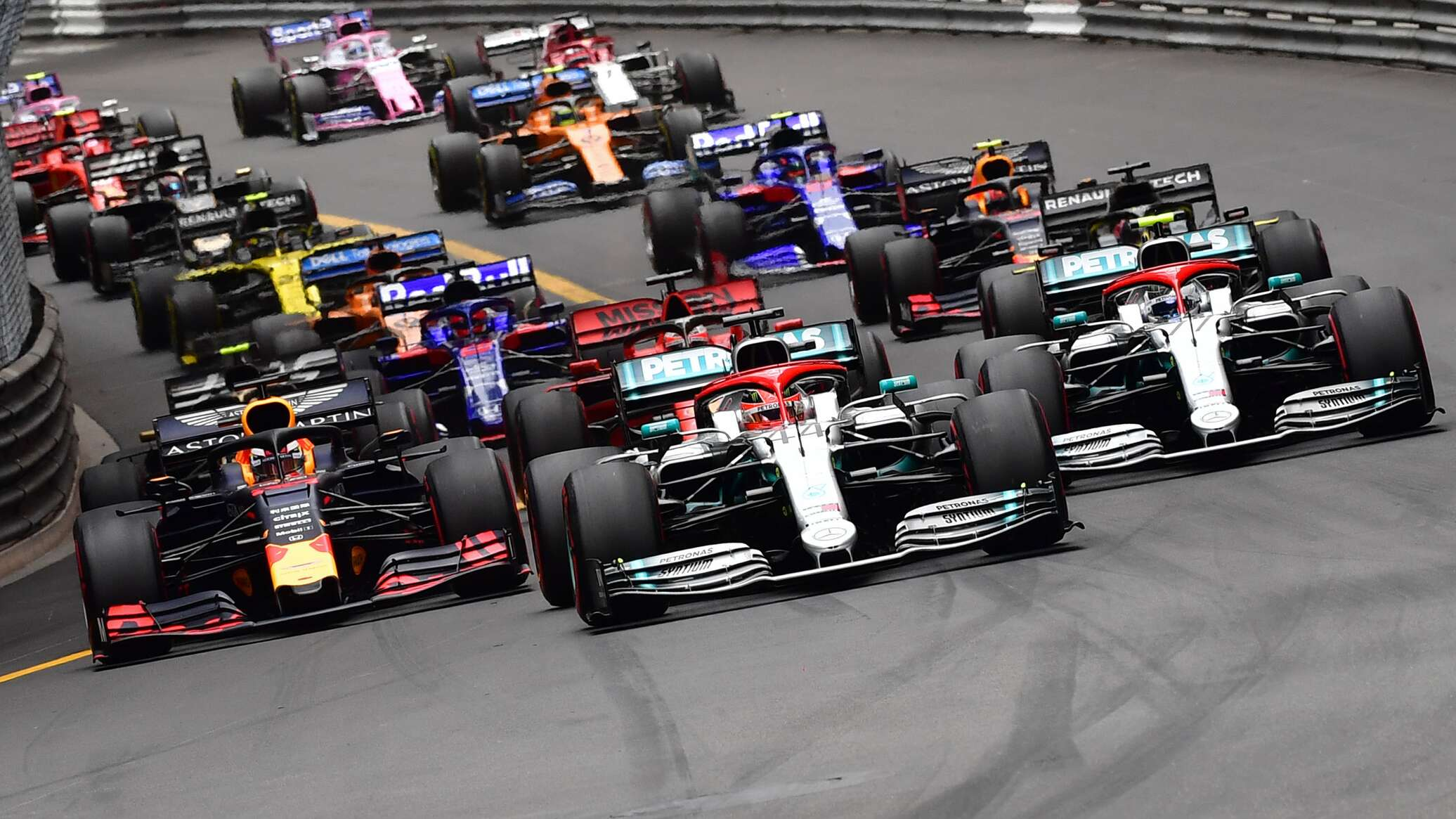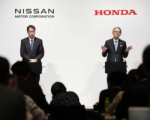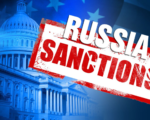As Formula 1 (F1) races continue to captivate international audiences, the race to host a 2026 Grand Prix has become fiercely competitive, with several nations vying for limited slots on the prestigious calendar. Current circuits are scrambling to secure contract extensions, while new contenders from Thailand and South Korea have submitted bids. Meanwhile, other nations, including India and Rwanda, are rapidly developing infrastructure to bolster their applications, aiming to attract F1’s substantial economic impact.
F1 CEO Stefano Domenicali emphasized the importance of the bids received, noting that calls from heads of state indicate the gravity of hosting a Grand Prix. “This is not political,” he explained, “it is something really substantial.” However, the stakes are high for countries that may lose their place on the calendar, as exemplified by Belgium, where the annual Grand Prix injects an estimated $248 million into the local economy. Belgium’s prime minister, concerned about the potential impact on the country’s finances, has been actively lobbying F1 executives to keep the event on the calendar.
Middle Eastern nations have also made significant investments in F1 as part of broader economic diversification goals. Abu Dhabi, which entered the F1 calendar in 2009, famously constructed the $40 billion Yas Island, transforming it into a luxury tourist destination now drawing millions of annual visitors. Saudi Arabia has similarly leveraged F1 to promote tourism, with data indicating that U.S. race fans are twice as likely to consider visiting Saudi Arabia compared to other Americans. As Robin Fenwick, CEO of sports marketing agency Right Formula, put it, “Formula One doesn’t showcase the race, it showcases the city.”
Longstanding races, including the iconic Monaco Grand Prix, are feeling the pressure as F1 evaluates the economic returns of each event. Monaco, known for its glamorous Monte Carlo setting, draws immense media attention, with local businesses profiting significantly during the event. However, Monaco currently pays a fraction of what newer hosts, like Saudi Arabia, contribute to F1. Some leaders, like McLaren CEO Zak Brown, have suggested that F1’s survival does not depend on Monaco, as other races such as Miami, Las Vegas, and Singapore are generating high ratings and financial contributions.
The shift toward commercial profitability has sparked some criticism from F1’s core fan base. Rising ticket prices, partly due to F1’s new “dynamic pricing” model, have raised concerns about accessibility for families. Nevertheless, F1’s weekend events, featuring concerts from popular artists like Ed Sheeran and Stormzy, have attracted broader audiences, aligning with a trend toward making Grand Prix weekends more family-friendly and socially engaging.
In the U.S., F1’s approach has paid off considerably. The 2023 Las Vegas Grand Prix alone generated an estimated $1.2 billion in economic impact through tourism, entertainment, and infrastructure investments. Domenicali likened the impact of F1’s U.S. events to the American Super Bowl, claiming, “We are bigger.”
As F1 balances its traditional racing appeal with its expanding mainstream influence, Domenicali and the F1 leadership will face challenging decisions. The sport’s economic weight means that removing any event from the calendar will have significant repercussions for the regions involved, underscoring the high stakes and broader implications of hosting an F1 race.















